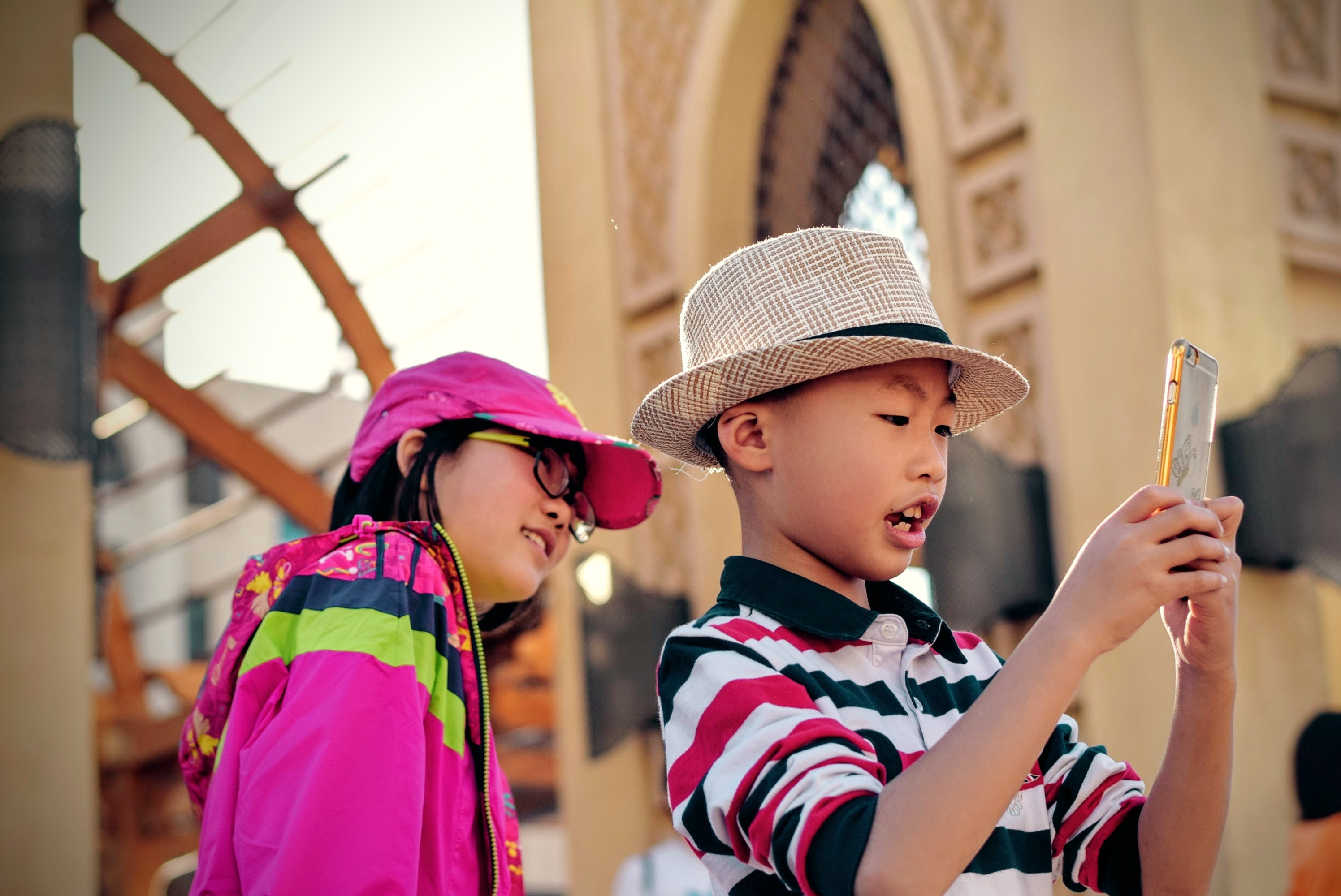Social media is considered one of the biggest blessings of technology, but at the same time, it is disruptive for children who either over-use or know little about it. Different social media platforms have become a game-changer for web communications. Social media platforms have been proved valuable in building virtual communities and networks in order to bring people closer.
According to research, half of the children of age between 11-13 years old have social media profiles despite their age limit policy. Just like other technological advancements, social media also comes with its own advantages and disadvantages. The major drawback is that social media can prove to be a dangerous platform for children and teenagers. Since children do not have adequate knowledge about the world around, they may unintentionally expose themselves and their families to online risks. Therefore, safeguarding children is one of the essential duties of parents.
Here are some of the most considerable risks that could prove to be dangerous for your children using social media:
1. Cyberbullying
According to research, cyberbullying on social media causes depression in teenagers. Teenagers are often victimized on social media platforms and are mocked due to which the number of suicides has increased. They frequently indulge in different games available on social media platforms, where they become more prone to cyberbullying.
These studies show a high correlation between cyberbullying and suicidal thoughts. Therefore, parents should communicate effectively with their children in order to save them from suicidal thoughts.
Also, to protect children from cyberbullies, parents should keep an eye on their online activity, or they should teach their kids not to take anyone’s opinion serious about themselves.
2. Sharing private information
Teenagers are half of the time influenced by their social circle around. They have to tell them by posting whatever they do, eat or drink so that they can build their social media image. They do not understand the boundaries of social media platforms. It is widespread among the children nowadays to share their personal information, including their current location.
This indeed can be very dangerous to the children as they can be targeted by different human trafficking groups who also use social media as a platform to recruit victims.
To tackle this problem, parents should educate their children about the information that they share online. Also, the developers of these apps should put a notice before children share anything online with others. Ask them, ask them every time, so that they know what they’re sharing.
3. Cyber-predators
A number of times, cyber-predators and other sexual predators are always stalking innocent children and teenagers on social media in order to take advantage of them. They try to abuse the trust of teenagers, eventually, enrapturing them into treacherous personal encounters. Therefore, this helps them to exploit the innocence of children for their own advantage.
Extra measures should be taken by the developer community and companies to tackle this problem. Also, parents should teach their kids to share with them and create an environment of trust so that instead of sharing with others, they can share it with their parents.
4. Phishing
Phishing is the act of tricking people into private information using malicious links and attachments through email and messages. These emails can appear anytime in the person’s mailbox, and the cybercriminals attempt to elicit information of the people such as their email addresses, names so that they can be used in a scam. It is essential to teach children not to click open emails or texts from unknown people that apparently appears to be from their friend but does not contain any legitimate message or attachment.
Children do not have enough knowledge about social media and its problems; that’s why they easily get affected by these attempts. Internet especially social media can indeed pose significant dangers to children. Anything can happen with just a blink of an eye. Hence, we should help our children to enjoy the brighter side of the online world rather than the darker one.
